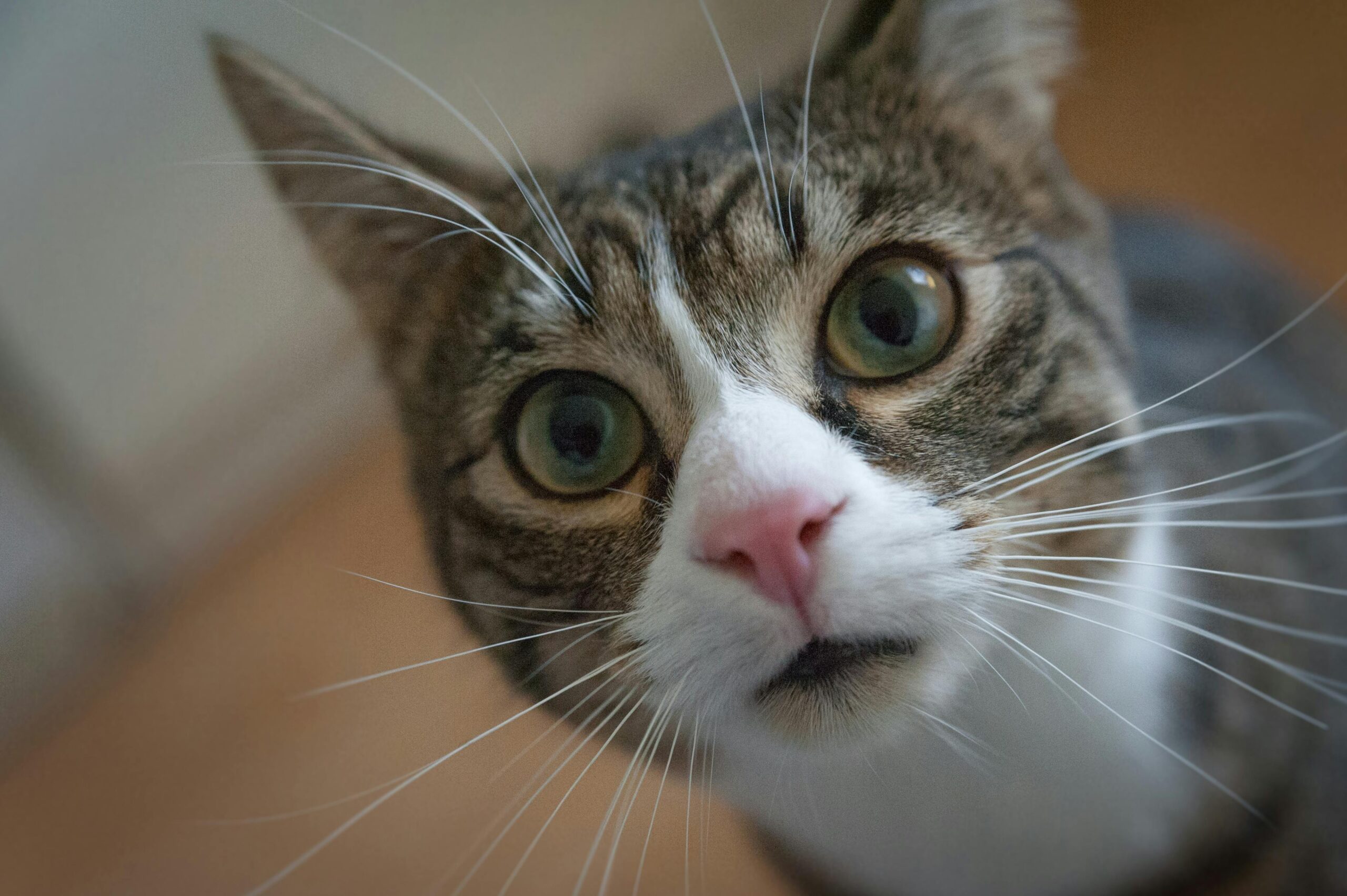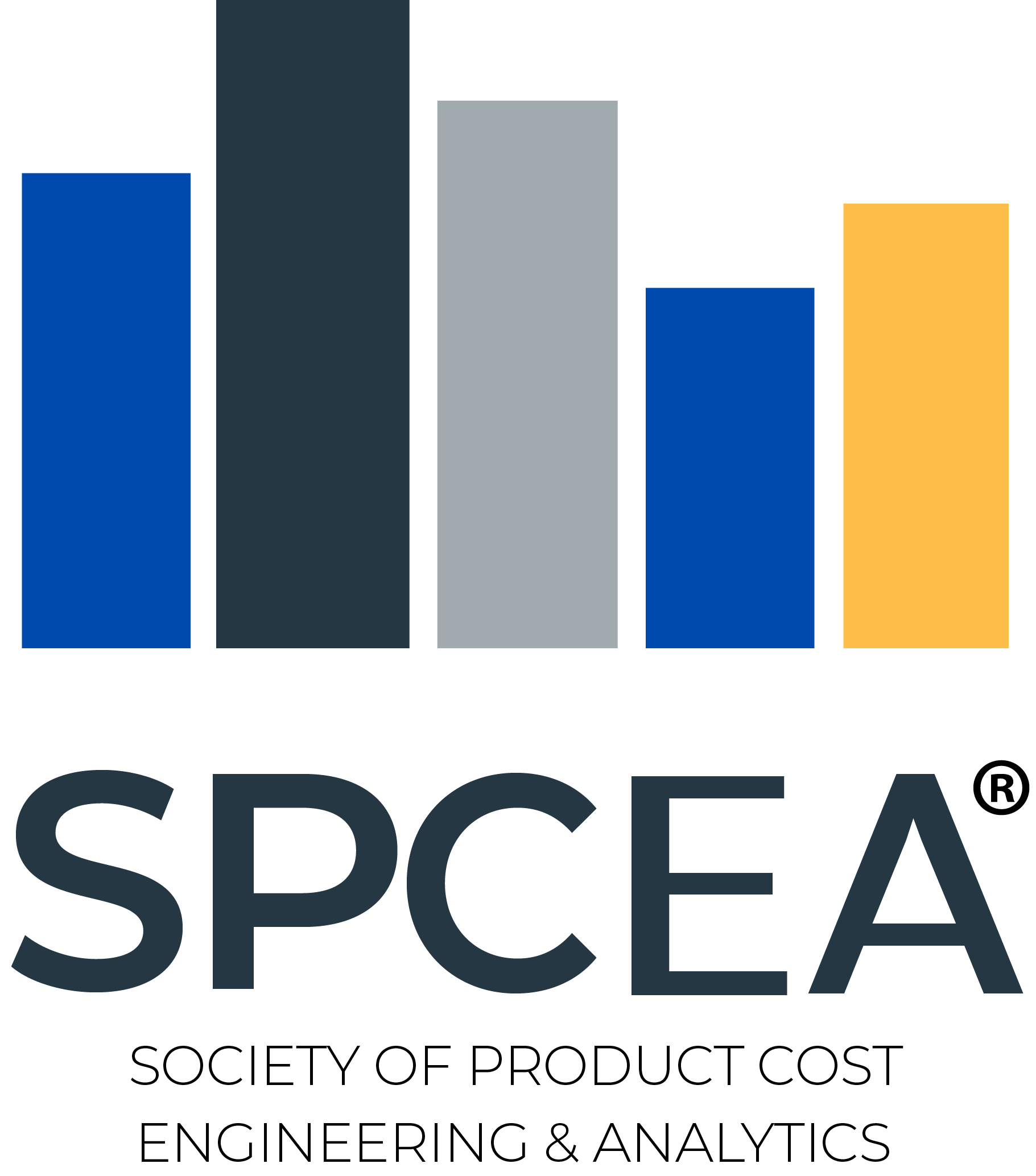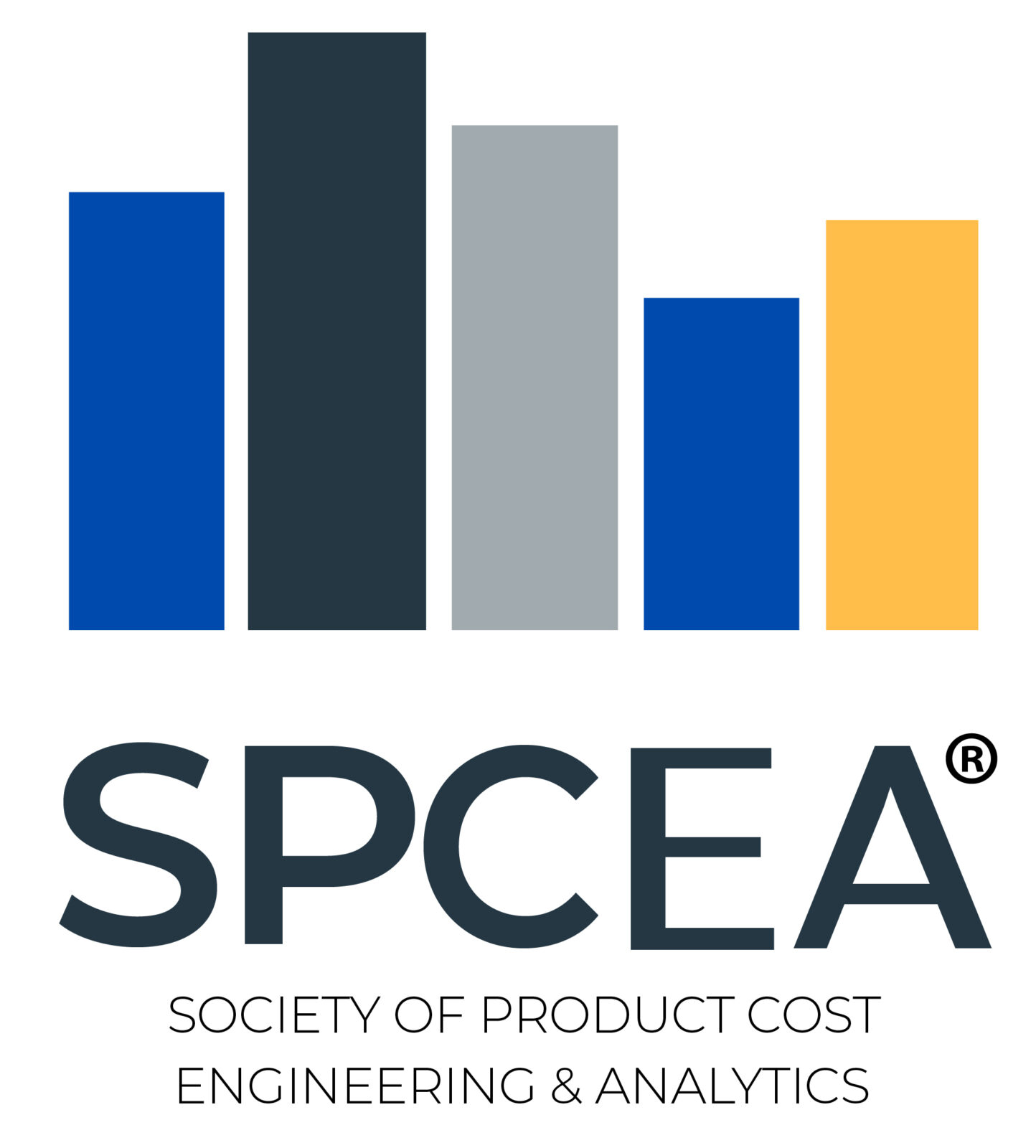
Did The Cat Kill Curiosity In Costing?
The English language is filled with sayings that don’t seem to make any sense, at least not at first. For
example, “bite the bullet” means to forget your losses and just do it. Or “beat around the bush,” which
means avoiding a straight answer. Or another one of my favorites, “This is driving me up the wall,” which means that something is driving you crazy. None of them make any sense, yet they are used often and without any understanding of their origin.
Another such saying is, “Curiosity killed the cat.” Upon first hearing it, one might question why anyone would think that cats are curious. They don’t seem to do much other than lie around or run away from human affection. It seems cats kill curiosity more than the other way around. Nevertheless, the saying is a warning to those who are too curious. Don’t dig too deep, or you might get in trouble, it implies. People usually also conveniently skip the second part of the saying, “… but satisfaction brought it back,” which implies that curiosity is worth it in the end.
Which got me thinking about the declining levels of curiosity in the world of costing. Is it, though, you’re probably asking yourself? Why would anyone think that? And so what? Why do we need curiosity in costing anyway?
Good questions. I admit that its decline was just my perception when I started thinking about it. Then, I looked it up. And guess what? There are actually several studies pointing out that curiosity is indeed declining in the world, not just costing specifically, and particularly among the younger generations. This is “due to overreliance on technology for information, passive consumption of content, and a shift toward immediate answers rather than exploration and questioning.”
Well, at least that’s what Google’s AI overview tells me, which I immediately accept without any
questioning – oh, the irony!
That may answer the question of whether curiosity is declining, but what about the question of whether it even matters in costing? This question I can safely answer myself just based on experience. Do you know how many companies I evaluated for costing practices only to find that nobody on their staff bothered to understand how the numbers are calculated or where they even came from? Hundreds! Or roughly 70% of them. Yes, not 10% or even 20%. Based on my experience, it’s about 70%.
Your experience might be different, but that’s my experience. What does Google AI think about this, you ask? Here’s the answer: “While there isn’t a single definitive statistic, studies suggest that a significant portion of companies, potentially around 50-60%, lack a robust system for accurately calculating the full cost of their products.”
I don’t remember ever running into AI as I toured factories around the world, but I vehemently agree with its opinion. Again, ironically, I accept its findings without question.
So, why is it important to understand where the numbers came from or if they are accurate? Because
what if the numbers are wrong? What if the numbers in your quotes reflect the cost at 50% capacity
utilization, and the customers are not willing to pay for open capacity? What if the manufacturing indirect cost is different for each machine? What if your product A does not have the same overhead cost as product B? What if SG&A and Profit are not the same flat % across all plants and products?
These inaccuracies in assumptions could mean the difference between winning or losing a business and, ultimately, life or death for a company. And nobody bothered to look it up or question it?
This is baffling to me. Perhaps AI is correct, and curiosity is dying. And maybe this is due to the new
generation of people and technology. Or perhaps it’s due to the increased levels of post-pandemic apathy toward employers or work in general, as some speculate (ChatGPT agrees).
Or, and hear me out, what if it’s the cat who killed curiosity? Meaning maybe it’s the companies
themselves, focused on derisking, quality control, and repeatability, who have made change so difficult to implement in their bureaucracies that employees are actually decentivized to make changes (both ChatGPT and Google’s AI agree). Perhaps the status quo is just easier and safer.
Speaking of AI, will it add to this problem or make it better? Here’s what ChatGPT thinks:
“Final Verdict: A Double-Edged Sword
In forward-thinking companies, AI will empower employees to champion change faster by
providing insights, streamlining processes, and reducing bureaucratic obstacles. In rigid, top-down
organizations, AI might centralize decision-making, making it harder for employees to push for
change.”
Hmm… interesting!
I guess we’ll see what happens. I see a future where companies install AI to do the job right, whether we like it or not, but we continue to ask questions by institutionalizing curiosity if we must. This means making it part of the objectives or required skills demanded by management and HR.
Otherwise, we will not only stop improving and creating as a human species, but we will also face the
possibility of increased business failure due to inaccurate costing practices. AI only knows what we know, and if everything we know is wrong, then we’ll be stuck with that.
I leave you with a quote from Albert Einstein . . .
“The important thing is not to stop questioning. Curiosity has its own reasons for existing. One
cannot help but be in awe when he contemplates the mysteries of eternity, life, of the marvelous
structure of reality. It is enough if one tries merely to comprehend a little of this mystery every
day.”

Chris Domanski is a co-founder of SPCEA and serves on its Board of Directors. He is the author of the book “Cost Engineering: A Practical Method for Sustainable Profit Generation in Manufacturing” and “The Cost: A Business Novel to Help Companies Increase Revenues and Profits.” He has over 30 years of experience in Cost Engineering, Purchasing, Finance, and Engineering within the automotive industry, most recently serving as a Director of Cost Optimization at Forvia Group.
Copyright © 2025 – Society of Product Cost Engineering & Analytics. All rights reserved.

